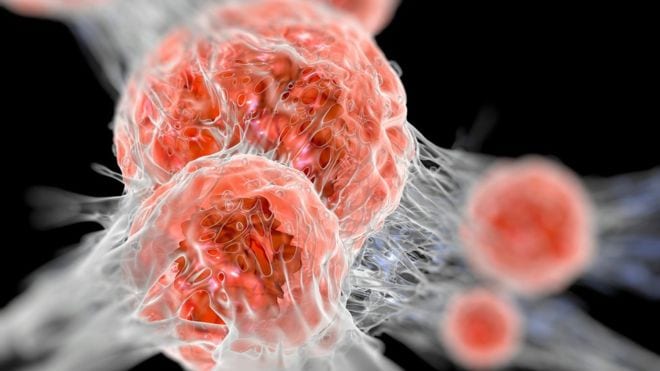
It is true that there are no guaranteed ways by which you can totally prevent breast cancer but there are some ways with the help of which you can lower the risk of breast cancer. There are several things that can never be in your control, for example, your family history, being a female or getting older. But you certainly can do something that can reduce the risk factor to some extent. In this article we have come up with some process by which you can reduce the risk of breast cancer to a great extent:
- Consuming green tea: In recent research, it is found that consuming green tea can help you in a great way to reduce the risk of breast cancer. According to Amanzi tea, every woman who consumes a cup of green tea daily can reduce the risk of breast cancer to a great extent. It is also observed that the green tea component can reduce the size of a cancerous tumor. If green tea can be given to the rodent with breast cancer it can limit metastases it can help in limiting the spread of cancerous cells. Thus it is always recommended to drink a cup of green tea almost every day to prevent breast cancer.
- Avoiding alcohol: Alcohol increases the risk of breast cancer and even a low level of alcohol intake can increase the risk. In research done by the American Cancer Society, it was seen that women who used to drink alcohol even a little quantity can increase the risk of breast cancer to almost 20%. So the American Cancer Society recommended not consuming alcohol even to a little quantity for a single day. Apart from alcohol, beer, wine as well as other hard liquor also increases the risk of breast cancer. Hence, it is very important to totally avoid alcoholic drinks.
- Doing regular exercise: As per the American Cancer Society, at least 150 minutes of physical activity or 75 minutes of vigorous physical activity is required each week for reducing the risk of breast cancer. Moderate intensity activities or brisk walk also helps in reducing the risk of breast cancer. These kinds of activities increase the heart rate, sweating, and faster breathing rate. Several other activities such as weight lifting, stretching, yoga, etc. that help in improving the strength and flexibility can help in reducing the risk of breast cancer.
- Reducing your weight: Overweight or obese can increase the risk of breast cancer. The risk of breast cancer even increases after menopause. In some cases, it is seen that weight women suddenly increases after menopause and during such condition the risk of developing breast cancer increases. What happens actually is that after menopause in women estrogen comes from the fat tissue. When you have more fat tissue the level of estrogen increases and thereby your chances of getting breast cancer also increase. Apart from that the level of insulin also increases in obese women after menopause. This increases the risk of breast cancer. Hence it is very essential to reduce the weight especially at the age of 40-45 when menopause ceases.
- Limiting or avoiding hormone replacement therapy: Many times it is seen that doctors prescribe hormone replacement therapy but if you take this therapy continuously for three to five years your chances of getting breast cancer increases. Apart from that, it is found in the research that if women take the combination of estrogen and progestin together after menopause then the chance of getting breast cancer increases. It is also seen that then a woman stop taking the combination of estrogen and progestin the risk of breast cancer comes to normal within the next five years.
Also read: Learn the Best Tips to Cope With Cancer
Apart from that, breastfeeding also helps in reducing the risk of breast cancer. The longer you breastfed the greater you can take the protective effect. That is the reason why breastfeeding is always recommended. Moreover, it is also very important to avoid exposure to radiation and environmental pollution as it can increase the risk of developing breast cancer. A healthy diet can also play a great role in reducing the risk of several types of cancer including breast cancer.
